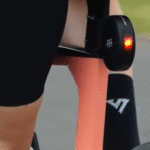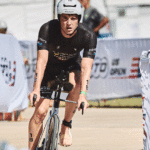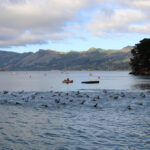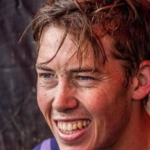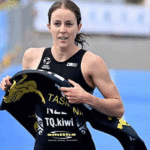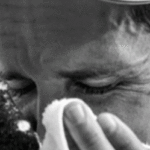Images courtesy Hamish Collie/Mount Festival of Multisport
By Kent Gray/Triathlon.kiwi
Braden Currie says it will lead to fairer racing and has implored the sports “big guys” to adopt the tech. Rebecca Clark called it simply “great”.
The Tauranga Half champions spoke for the entire elite field in lauding the trial of RaceRanger, the Drafting Detection System pioneered by retired Kiwi elites James McElvery and Dylan McNiece, at the showpiece of the Fulton Hogan Mount Festival of Multisport on Saturday.
Seven years in development, the innovative tech solution from Precision Triathlon Systems will also be used at Challenge Wanaka on February 18 as part of a New Zealand summer trial being closely monitored by World Triathlon. The goal is to have the system rolled out at all major non-drafting races with Ironman, Professional Triathlon Organisation (PTO) and the Challenge Family obvious clients in waiting.
Writing on social media after his record-breaking fourth Tauranga Half triumph in 3:37:47, Currie was unequivocal in his praise of RaceRanger’s global premiere.
“Innovation, ingenuity and hard work. This is my take on @race.ranger after being lucky to test the technology in action yesterday at the @taurangahalf,” Currie said.
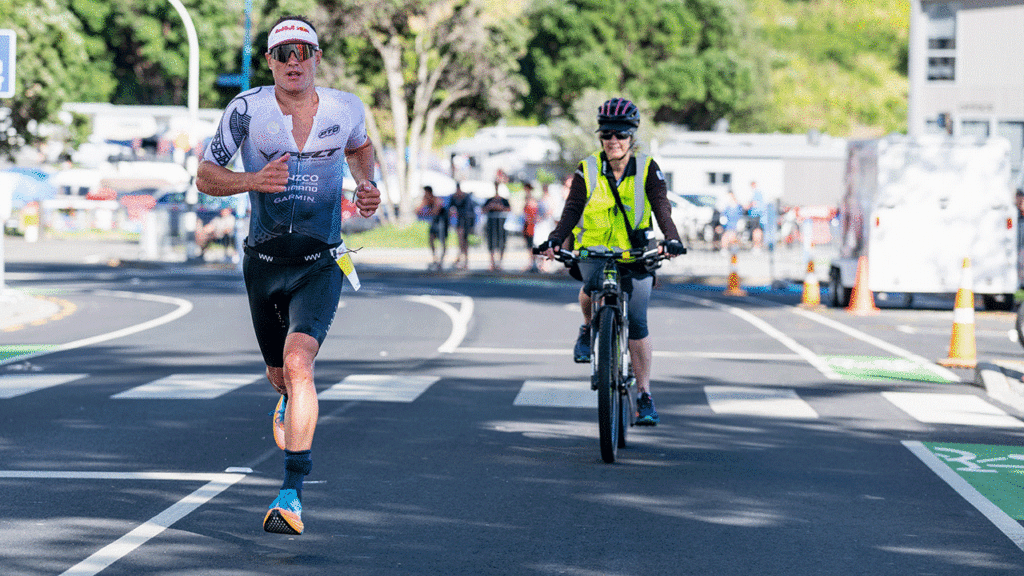
“Two good mates of mine have been working on this for a few good years now. Both of them committed to seeing a positive change in the sport and have dug deep to bring this technology to life.
“Huge kudos to them as in my experience of it yesterday, the technology worked seamlessly. If it’s picked up by the big guys it will mean for fairer racing across the sport, which will be something they can be very proud of.”
Using a combination of Bluetooth and Ultra-wideband technologies to measure the distance between the bike, RaceRanger is designed to remove subjective naked-eye judgements by athletes and technical officials. Two electronic units are attached to each competitor’s bike with the rearward facing unit on the seatpost featuring three coloured lights that signal to a following competitor information about their following distance.
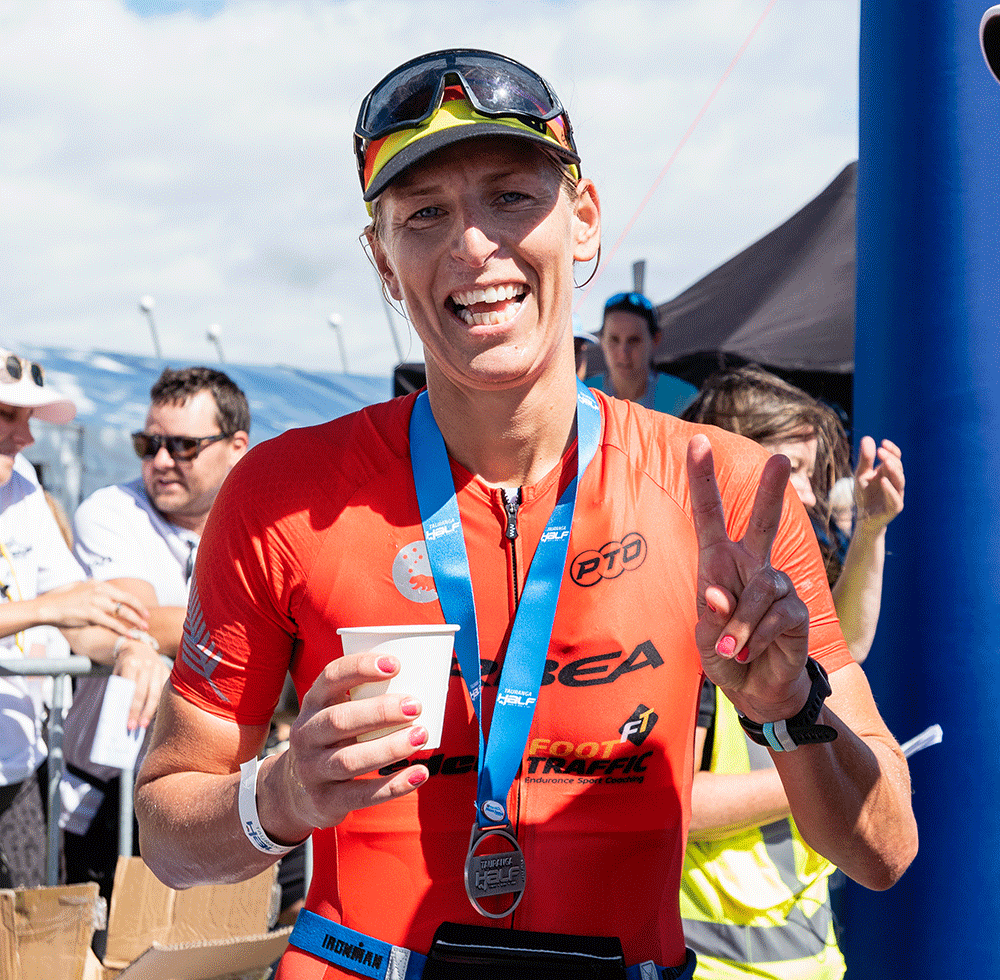
Clarke, who like Currie successfully defended her title in 4:07:48, agreed the system was easy to navigate in the heat of competition.
“It was great,” said the 34-year-old Aucklander.
“It’s just so clear, you know, just stay in that green to orange light and you ‘re definitely out of that 12 to 14 metre. It’s just there and it’s good and you can kind of like see that others are doing it right as well.”
Triathlon New Zealand and World Triathlon technical officials, along with the athletes in Tauranga, were to evaluate RaceRanger’s performance and provide feedback to the McElvery and McNiece to aid its continued development.
